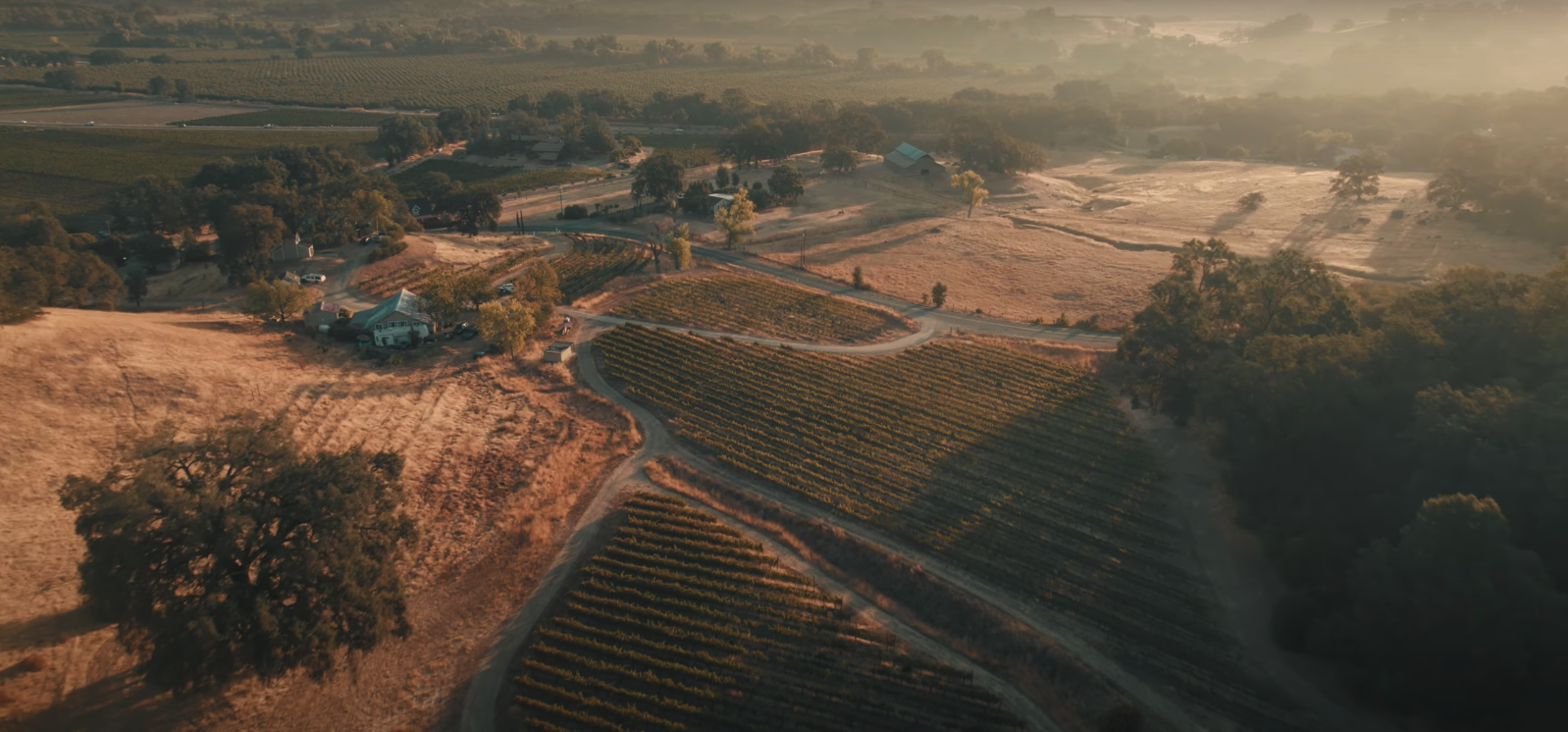
Explore the story behind our wine, a tale interwoven with history, family, and heritage, all deeply rooted in our love for the land.
107
ACRES
Over 70 Percent of the land on Duncan Peak Vineyards is unplanted and serves as a habitat for wildlife and native plants. Four residential homes also occupy the property, with a winery converted from a barn and storage for our various equipment.
40mi
TO SANTA ROSA
Duncan Peak Vineyards resides in Hopland, CA. Bordering both Sonoma and Mendocino counties, you're always just a hop and skip away via the 101 highway. Duncan Peak Vineyards is only a short drive north of Santa Rosa and south of Ukiah.
110
CASES OF WINE WERE MADE in 2021
With a focus on ultra-premium wines, Duncan Peak Vineyards is about quality over quantity. Using sustainable farming methods and remaining highly selective throughout the winemaking process, we can fully express the terroir unique character. These elements are essential to Duncan Peak Vineyards' extraordinary wines.

Duncan Peak2443 ft elevation
Unplanted wildlife habitat80 acres of unplanted natural habitat for wildlife
A Perfect place for hiking, camping and mountain biking
North blockPlanted in 1984
Variety: Cabernet Sauvignon
Clone: Scharffenberger
Root stock: SO4
Petite Sirah block Planted in 1996
Variety: Petite Sirah
Clone: St. George
Root stock: Durel
Reservoir 10 acre feet pond that collects rainfall for irrigation purpose
West block Planted in 1998
Variety: Cabernet Sauvignon
Clone: 337(lower 1/2); 15(upper 1/2)
Root stock: 1103P
Young block Planted in 2019
Variety: Cabernet Sauvignon
Clone: 337
Root stock: 1103P
East blockPlanted in 2007
Variety: Cabernet Sauvignon
Clone: 337
Root stock: 110
Vineyard
Duncan Peak Vineyards
Composition
Cabernet Sauvignon, Petite sirah
- ACIDITY
- BODY
- DRYNESS
- ALCOHOL

Featured
Duncan Peak MAX
Choosing only the richest parcels of land, Duncan Peak Vineyard has created a genuinely iconic reserve wine.
The prevailing drought conditions led to limited water availability, creating a challenging situation for the grapes. Despite this, the grapes thrived under stress, producing exceptional fruit characterized by smaller-sized berries that possess intense flavors and concentrated characteristics.
The wine opens up with a rich and lush texture, with silky tannins that coat the palate beautifully. The finish is extended, leaving a lingering impression that is sure to delight any wine lover.
Team

Jane Jiang
CEO, Proprietor

Max Luo
Proprietor

Kale Anderson
Winemaker

Marc Ayers
Property manager

Leonardo Soto
Vineyard manager

Discover Centuries of History

Balancing Complexity, Elegance, Finesse

Organic and Sustainable
Join Allocation
With limited quantities available, Our wines are available for purchase by allocation.
Each year we offer our new vintage at pre-release pricing to members of our private allocation list.
Join the list today to gain access to our limited edition wines.
"*" indicates required fields













